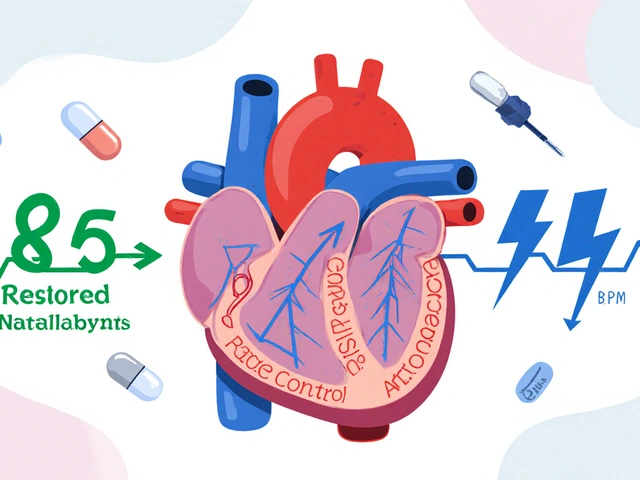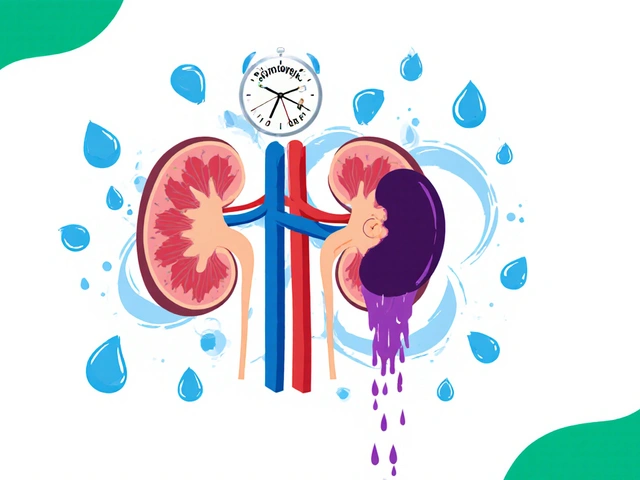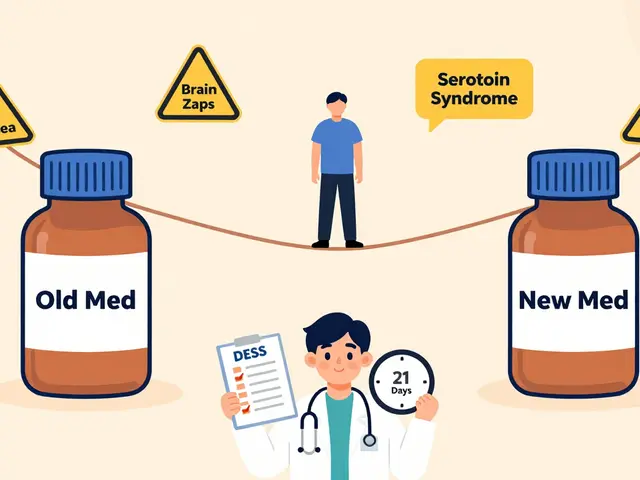Nutrient Deficiency: What It Is and Why It Matters
Ever feel tired, moody, or shaky and wonder if it’s just a bad day? Chances are your body might be shouting about missing nutrients. A nutrient deficiency happens when you don’t get enough vitamins, minerals, or other essential compounds from food, supplements, or how your body processes them. It’s not a rare disease—most people experience at least one mild deficiency at some point.
Why does it happen? Poor diet, restrictive eating habits, medical conditions that affect absorption, and certain medications can all drain your nutrient stores. Even if you eat three meals a day, you might still miss key micronutrients if those meals are heavy on processed carbs and light on greens, nuts, and lean proteins.
Common Signs You Might Miss
Symptoms vary widely, but here are the most frequent red flags:
- Fatigue and weakness – low iron or B‑vitamins can sap your energy.
- Hair loss or brittle nails – often tied to zinc, biotin, or protein shortfalls.
- Frequent infections – vitamin C, vitamin D, and selenium keep your immune system sharp.
- Mood swings or brain fog – omega‑3s, magnesium, and folate play big roles in brain chemistry.
- Cramping or tingling – calcium, potassium, and magnesium imbalances cause muscle issues.
If you notice a combo of these, it’s worth checking your diet or getting a simple blood test. The good news? Most deficiencies are reversible with the right foods or a short supplement plan.
Easy Ways to Boost Your Nutrients
Fixing a deficiency doesn’t require a drastic overhaul. Start with these practical steps:
- Color your plate. Aim for at least three different colors of fruits and veggies each day — red tomatoes, orange carrots, green spinach, blue berries. Each color represents a different set of vitamins and antioxidants.
- Swap refined carbs for whole grains. Brown rice, quinoa, and oats provide B‑vitamins and magnesium that white bread lacks.
- Include a protein source at every meal. Lean meat, fish, eggs, beans, or tofu bring iron, zinc, and essential amino acids.
- Don’t forget healthy fats. A handful of nuts, a splash of olive oil, or a few slices of avocado deliver vitamin E, omega‑3s, and help absorb fat‑soluble vitamins A, D, E, and K.
- Check your meds. Some prescriptions (like diuretics or acid reducers) can strip minerals. Talk to your doctor about a supplement if you’re on long‑term medication.
For many people, a daily multivitamin covering 100 % of the recommended intake for most micronutrients is a safe safety net. Choose a brand that’s third‑party tested to avoid excesses, especially with fat‑soluble vitamins.
Finally, stay aware of your body’s signals. A quick journal of what you eat and how you feel can reveal patterns you might otherwise miss. If you suspect a persistent problem, a brief talk with a pharmacist or nutritionist can point you toward the right lab tests and treatment plan.
In short, nutrient deficiencies are common, often subtle, and easy to correct. By adding a few colorful foods, choosing whole grains, and keeping an eye on any medication effects, you can get your body back on track without major fuss.
Welcome to my latest discovery—Vanadium, the dietary supplement you might not know you needed! This remarkable nutrient has a host of potential health benefits. It's interesting how we often neglect essential nutrients and focus only on popular ones. Emerging research points out that Vanadium supplementation could help fill significant nutrient gaps. Are you ready to take a leap of faith and understand more about this underrated supplement? Hop on board as we explore this together.



 Medications
Medications




